Retirement often comes with a fixed income, making it essential to spend wisely. While grocery shopping is a necessary expense, certain items can quickly eat into your budget without providing significant value. By knowing what to avoid, retirees can save money and prioritize healthier, more cost-effective choices. Here are 21 things retirees should never buy at the grocery store.
Pre-Cut Fruits and Vegetables
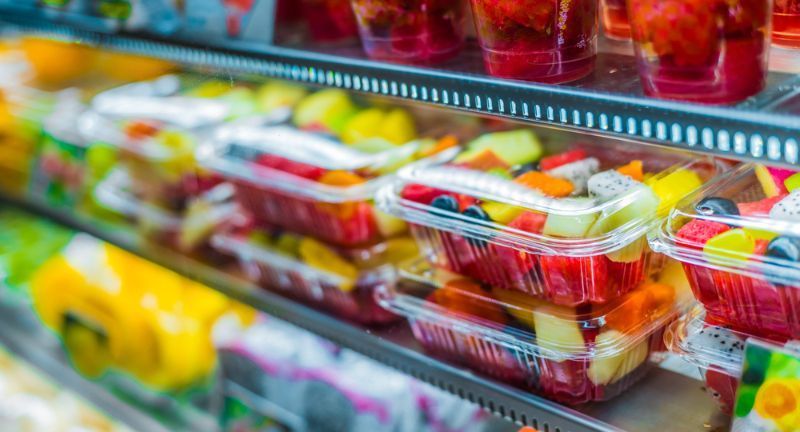
Shutterstock
Pre-cut fruits and vegetables might be convenient, but they often come at a steep markup compared to whole produce. Retirees can save significantly by buying whole fruits and vegetables and cutting them at home. This also ensures fresher, longer-lasting produce. A little extra effort goes a long way in reducing costs.
Bottled Water

Shutterstock
Purchasing bottled water regularly is both expensive and unnecessary for retirees with access to clean tap water. Investing in a water filter or reusable bottles is a more cost-effective and environmentally friendly solution. Small changes like this can lead to significant savings over time.
Brand-Name Spices

Shutterstock
Brand-name spices are often priced much higher than generic or bulk options, despite offering similar quality. Retirees can save by purchasing spices in bulk or opting for store-brand alternatives. Additionally, spices lose potency over time, so buying smaller quantities may be more practical.
Single-Serve Snacks

Shutterstock
Individually packaged snacks, such as chips or cookies, are convenient but come at a higher cost per serving. Purchasing larger packages and portioning snacks at home can save money. This simple adjustment also reduces packaging waste, benefiting both your wallet and the environment.
Pre-Shredded Cheese

Shutterstock
Pre-shredded cheese is typically more expensive than block cheese and often contains additives to prevent clumping. Retirees can save money and enjoy fresher cheese by shredding it at home. A simple box grater is all you need to make this switch, which adds up to significant savings over time.
Specialty Coffee Drinks

Shutterstock
Fancy bottled coffee drinks or flavored creamers can quickly inflate grocery bills. Retirees can enjoy high-quality coffee at home by purchasing whole beans or ground coffee and using a simple brewing method. Adding your own spices or syrups allows for customization without breaking the bank.
Frozen Dinners
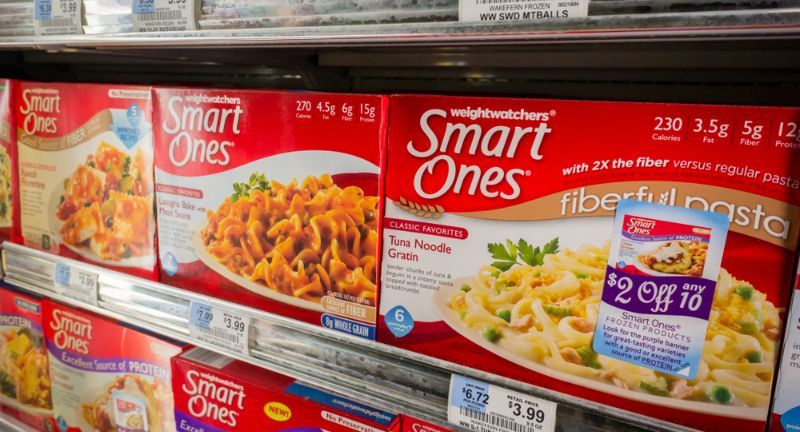
Shutterstock
While convenient, frozen dinners are often overpriced and loaded with sodium and preservatives. Preparing meals at home in larger batches and freezing portions is a healthier and more cost-effective option. This approach ensures better nutrition and greater savings over time.
Baking Mixes

Shutterstock
Baking mixes for cakes, pancakes, or muffins often contain basic ingredients that can be purchased separately for a fraction of the cost. Retirees can easily create their own mixes at home with flour, sugar, and baking powder. This not only saves money but also allows for healthier customization.
Exotic Fruits

Shutterstock
Exotic fruits like dragon fruit or papaya are often expensive and may not justify their cost for retirees on a budget. Opting for in-season, locally grown fruits is a more economical choice. These fruits are fresher, more affordable, and often just as nutritious.
Pre-Made Salad Kits
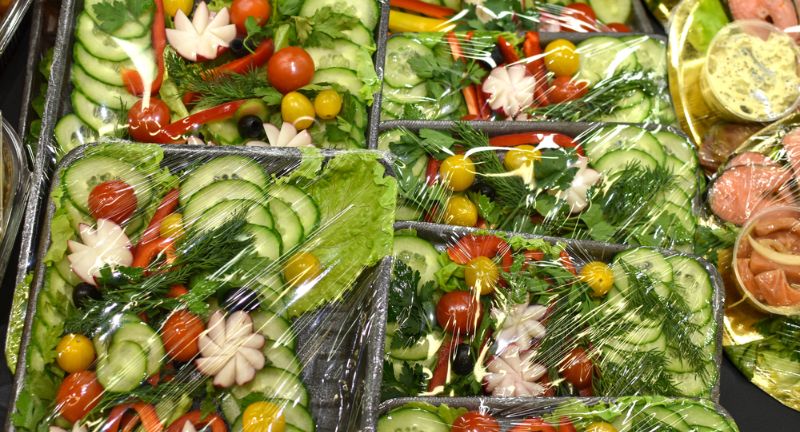
Shutterstock
Salad kits are convenient but come at a premium price for items like lettuce, dressing, and toppings. Retirees can save by purchasing whole heads of lettuce and preparing their own salads at home. This method is not only more cost-effective but also allows for fresher and more varied ingredients.
Expensive Cuts of Meat
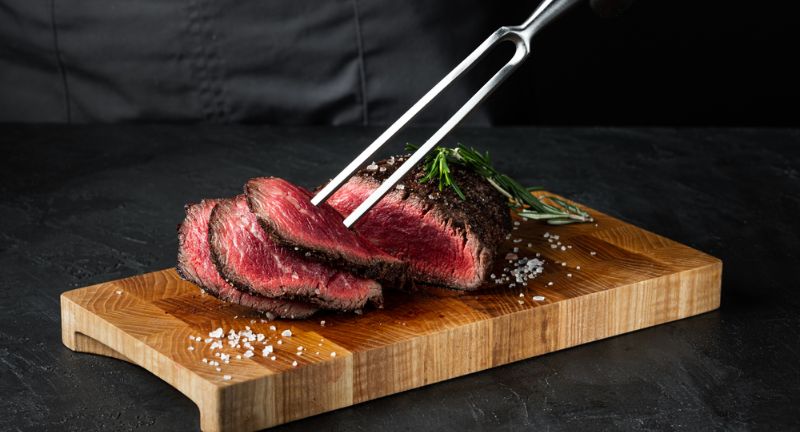
Shutterstock
High-end cuts of meat like filet mignon or ribeye can quickly deplete a retiree’s grocery budget. Opting for more affordable cuts like chicken thighs or ground beef can provide the same nutritional value at a fraction of the cost. Cooking with marinades or slow cookers enhances flavor without breaking the bank.
Prepared Deli Salads
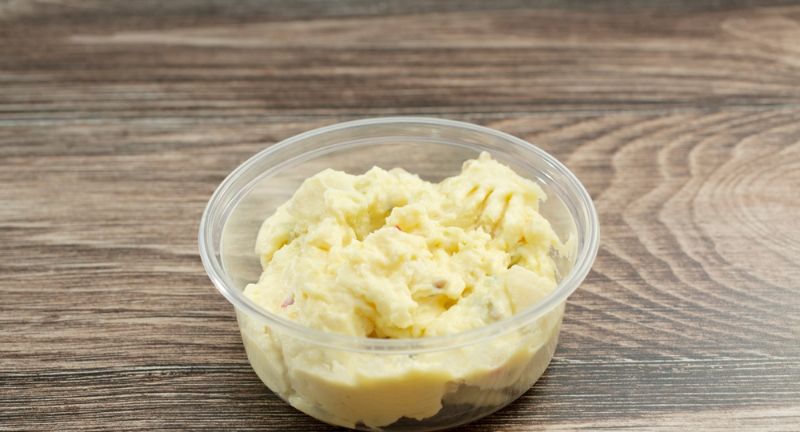
Shutterstock
Deli salads like potato salad or coleslaw are often overpriced and loaded with preservatives. Making these dishes at home using simple ingredients can save money and allow for healthier customization. Homemade versions also taste fresher and are easier to tailor to personal dietary needs.
Microwave Popcorn
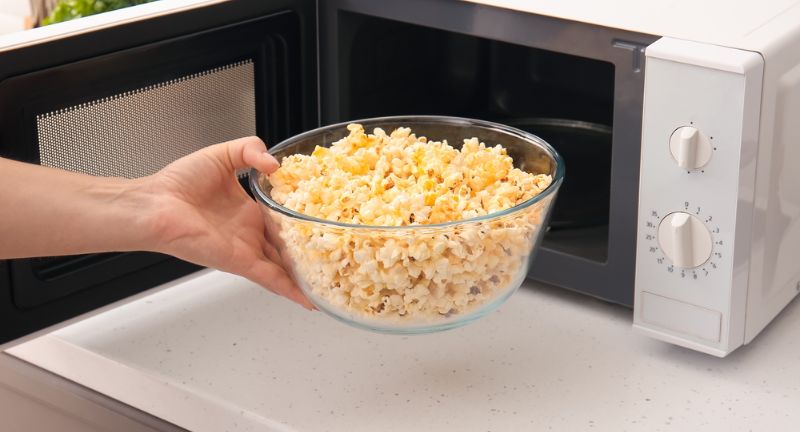
Shutterstock
Microwave popcorn often comes with added oils and artificial flavors, making it more expensive and less healthy than popping your own. Buying kernels in bulk and using a stovetop or air popper is a more affordable and customizable option. This simple switch saves money and allows for healthier snacking.
Specialty Sauces
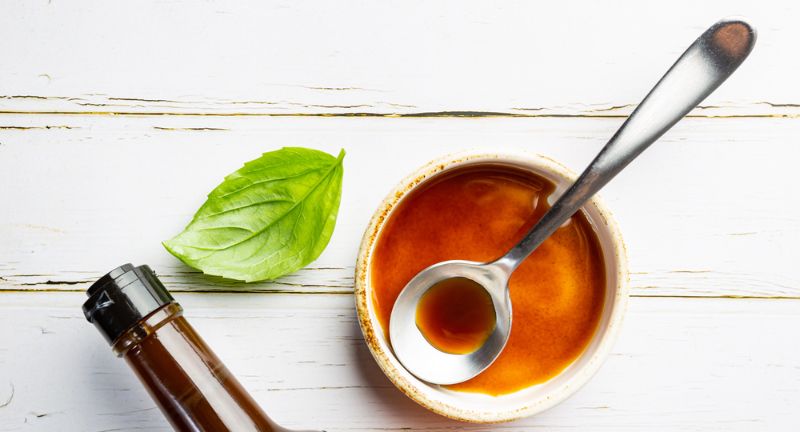
Shutterstock
Fancy sauces like teriyaki or specialty dressings can add up quickly and take up valuable pantry space. Retirees can save by making their own sauces at home with basic ingredients like soy sauce, vinegar, and spices. Homemade sauces are not only cheaper but also allow for healthier, fresher flavors.
Bakery Bread
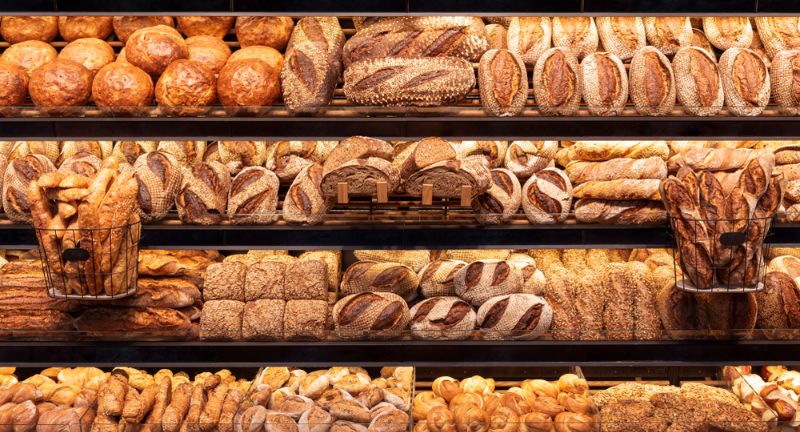
Shutterstock
Bakery bread often costs more than packaged or homemade alternatives. Investing in a bread machine or baking simple loaves at home can drastically reduce costs while providing fresh, preservative-free options. For those who prefer store-bought, sticking to generic or store-brand bread is a budget-friendly choice.
Pre-Made Smoothies
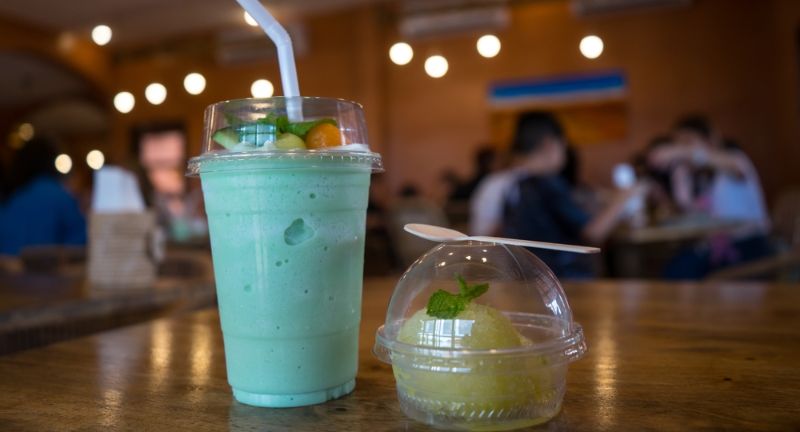
Shutterstock
Bottled or pre-made smoothies are often overpriced and packed with added sugars. Retirees can save money and enjoy fresher options by blending their own smoothies at home. Using frozen fruits, yogurt, and milk provides a healthier, more affordable alternative to store-bought varieties.
Pre-Packaged Lunch Meats

Shutterstock
Pre-packaged lunch meats are often expensive and contain high levels of sodium and preservatives. Retirees can save money by purchasing whole roasted meats and slicing them at home. This option is not only more affordable but also provides fresher, healthier options for sandwiches and salads.
Specialty Flavored Water

Shutterstock
Flavored waters may seem like a refreshing choice, but they often come at a high cost. Adding fresh fruits, cucumbers, or herbs to tap water creates a similar effect at a fraction of the price. This DIY approach is healthier, more affordable, and reduces plastic waste.
Bagged Ice
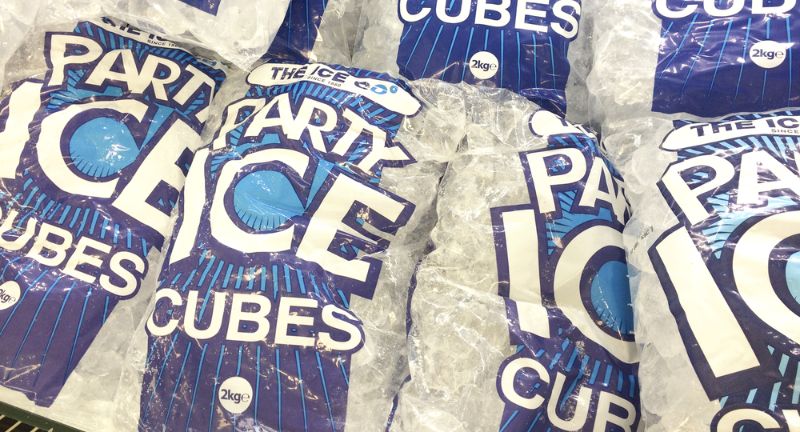
Shutterstock
Bagged ice is often unnecessary for retirees who can make ice at home for free. Using ice cube trays or an ice maker is a simple and cost-effective solution. Avoiding this purchase reduces waste and helps stretch a limited grocery budget.
Pre-Cooked Rice
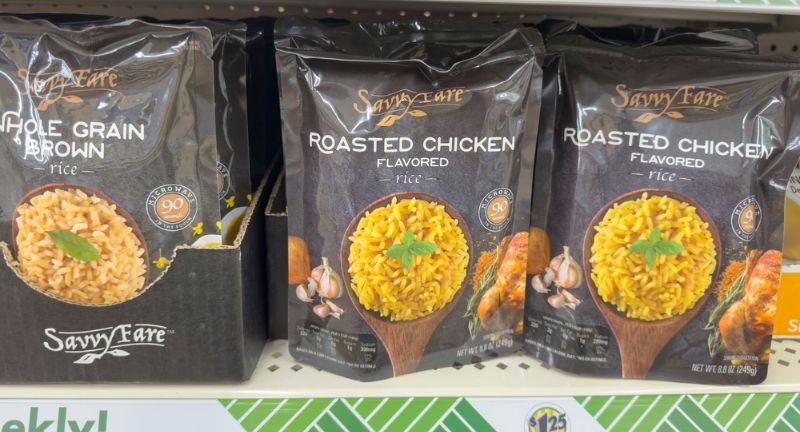
Shutterstock
Pre-cooked rice, whether frozen or microwavable, is significantly more expensive than uncooked varieties. Buying rice in bulk and cooking it at home is an easy way to save money. Batch cooking and freezing portions is just as convenient while costing much less.
Gourmet Salad Dressings
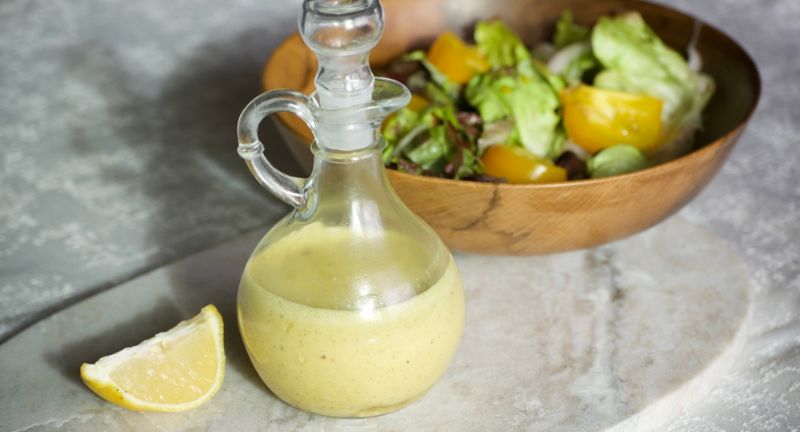
Shutterstock
Gourmet or specialty salad dressings often come at a premium price but can easily be made at home. Simple combinations of olive oil, vinegar, and spices create delicious and healthier options. Making dressings at home saves money and allows for endless flavor possibilities.
Conclusion

Shutterstock
By avoiding these 21 grocery items, retirees can save money while making smarter, healthier choices. Simple changes in shopping habits, like buying in bulk or skipping pre-packaged items, can lead to significant savings over time. Prioritizing value and practicality ensures a comfortable retirement without sacrificing quality. Smart spending starts with thoughtful grocery shopping.






















































